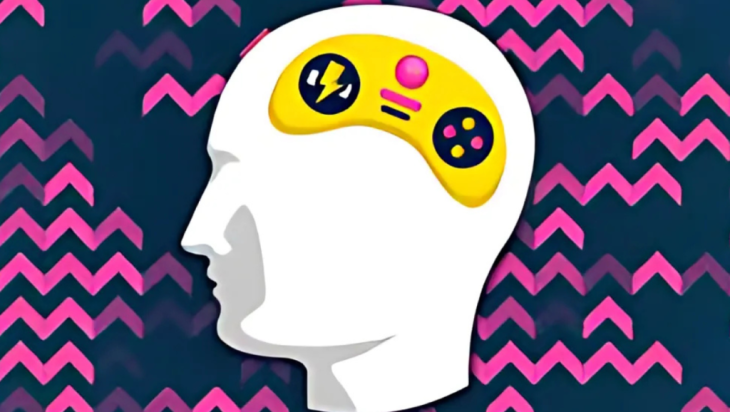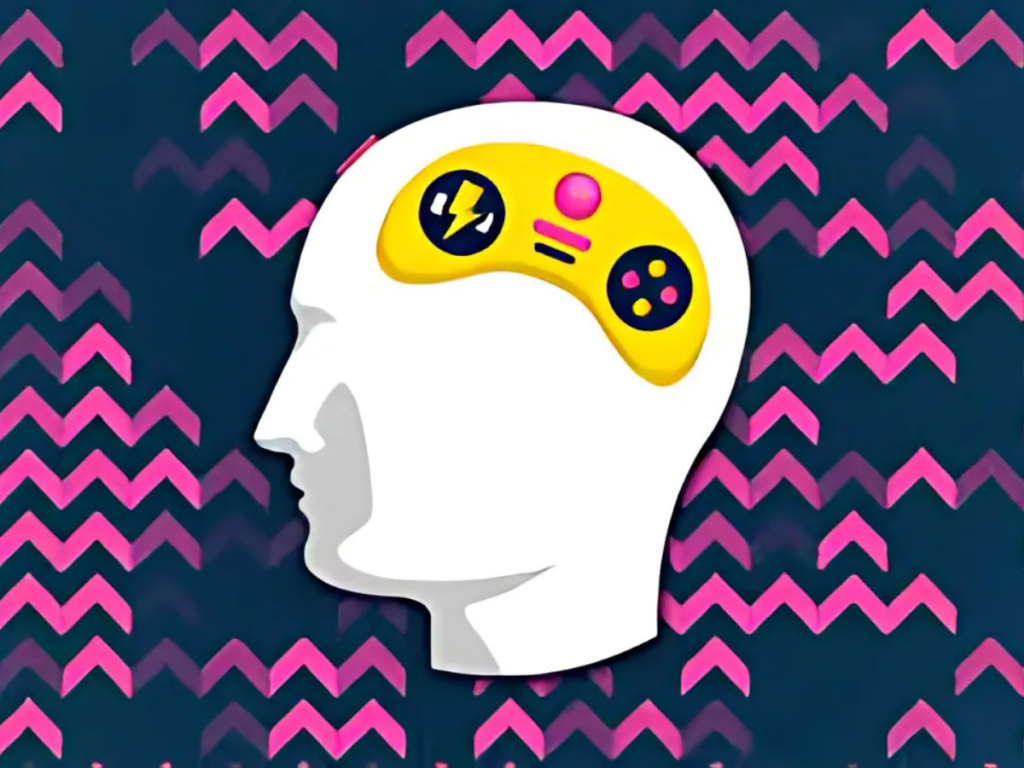The Impact of Gaming on Mental Health: Myths vs. Reality

Prepend to the content

Video games have long been a topic of debate when it comes to their impact on mental health. While some argue that excessive gaming can lead to negative consequences, others highlight its potential benefits. In this article, we will separate myths from reality and explore the actual effects gaming has on mental well-being.
Myth 1: Gaming Causes Aggression and Violence
One of the most common misconceptions about video games is that they make players more violent. While some studies suggest a correlation between violent video games and aggression, there is no conclusive evidence proving that gaming directly causes real-world violence. In reality, aggression is influenced by multiple factors, including environment, upbringing, and individual personality traits. Many gamers play violent games without displaying any aggressive behavior outside of the gaming context.
Reality: Gaming Can Be a Stress Reliever
Contrary to the belief that gaming increases aggression, research has shown that gaming can actually help reduce stress and anxiety. Immersive games provide an escape from real-world problems and allow players to engage in rewarding and enjoyable activities. Many gamers use gaming as a way to unwind after a long day, similar to watching movies or reading books. Some games, such as relaxing simulators and puzzle-based adventures, have been specifically designed to promote mindfulness and relaxation.
Myth 2: Gaming Leads to Social Isolation
A common stereotype is that gamers are socially isolated and disconnected from real-life interactions. Critics argue that spending hours in front of a screen prevents individuals from forming meaningful relationships. However, this assumption overlooks the rise of multiplayer and online gaming communities that foster social interaction.
Reality: Gaming Encourages Socialization and Teamwork
Online multiplayer games and cooperative gameplay have brought gamers together in ways that traditional social settings cannot. Games like Fortnite, Call of Duty, and World of Warcraft require communication, teamwork, and strategic thinking. Many gamers form long-lasting friendships with people they meet online, and studies show that online gaming can enhance social skills and collaboration. Additionally, gaming communities on platforms like Discord and Twitch provide spaces for social engagement, allowing players to connect over shared interests.
Myth 3: Gaming is Addictive for Everyone
There is a common concern that video games are inherently addictive and can lead to gaming disorder. While gaming addiction is a real issue for some individuals, it is not the norm. Most gamers are able to balance their gaming habits with daily responsibilities without negative consequences.
Reality: Moderation is Key
Gaming, like any other hobby, can become problematic if not done in moderation. However, for most players, gaming is simply a form of entertainment. Healthy gaming habits, including setting time limits and maintaining a balanced lifestyle, allow players to enjoy games without negative effects. The World Health Organization recognizes gaming disorder as a condition, but it affects only a small percentage of gamers. Educating players about responsible gaming and self-regulation can prevent excessive gaming from becoming an issue.
Myth 4: Gaming Reduces Cognitive Abilities
Many believe that gaming makes people less intelligent and decreases cognitive functions. The assumption is that time spent gaming is time wasted when it could be used for more productive activities.
Reality: Gaming Can Improve Cognitive Skills
Contrary to this belief, gaming has been shown to improve cognitive abilities such as problem-solving, hand-eye coordination, and critical thinking. Strategy games, puzzle games, and action games challenge players to think quickly and adapt to new situations. Some games even enhance memory retention and spatial awareness. For instance, fast-paced games like real-time strategy (RTS) titles require players to multitask and make strategic decisions under pressure, improving cognitive flexibility.
Myth 5: Gaming Has No Mental Health Benefits
Critics often claim that video games offer no psychological benefits and only serve as a distraction from real-life responsibilities.
Reality: Gaming Can Boost Mental Well-Being
Many mental health professionals now recognize the therapeutic benefits of gaming. Certain games have been used in therapy to help individuals cope with anxiety, depression, and PTSD. Role-playing games allow players to express themselves in a safe environment, while relaxing games like Animal Crossing and Stardew Valley offer a calming experience. Gaming can also improve mood and provide a sense of accomplishment. Research suggests that structured gameplay can promote goal-setting behaviors, reinforcing positive emotions and motivation.
The Role of Gaming in Mental Health Treatment
Beyond casual play, gaming is also being integrated into mental health treatment programs. Virtual reality (VR) games are used in exposure therapy to help individuals confront and overcome their fears in a controlled environment. Some mobile applications leverage gaming mechanics to encourage mindfulness, meditation, and emotional regulation. The gamification of mental health apps makes therapy more engaging and accessible, particularly for younger audiences.
Conclusion
The impact of gaming on mental health is often misunderstood due to widespread myths and misconceptions. While excessive gaming can have negative effects, responsible gaming provides numerous cognitive, emotional, and social benefits. By embracing gaming in moderation and focusing on its positive aspects, players can enjoy a fulfilling and enriching experience. As research continues to explore the connection between gaming and mental health, it becomes clear that video games are more than just a pastime—they can be a valuable tool for well-being and personal growth. With the right approach, gaming can serve as an outlet for relaxation, skill development, and meaningful social connections, making it a powerful component of modern mental health discussions.
The post The Impact of Gaming on Mental Health: Myths vs. Reality appeared first on G2G News.



